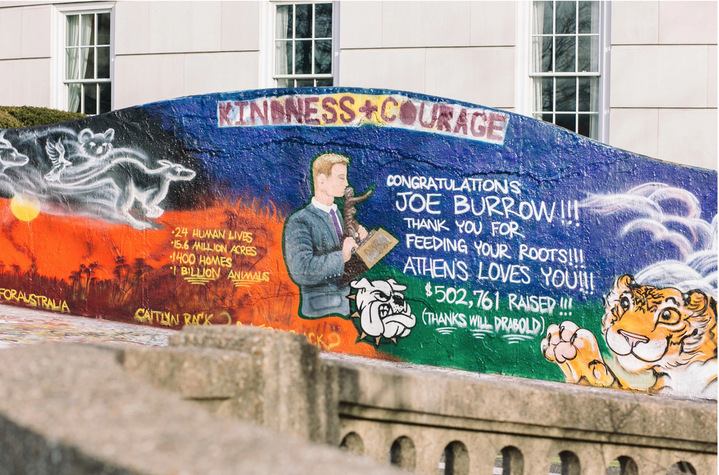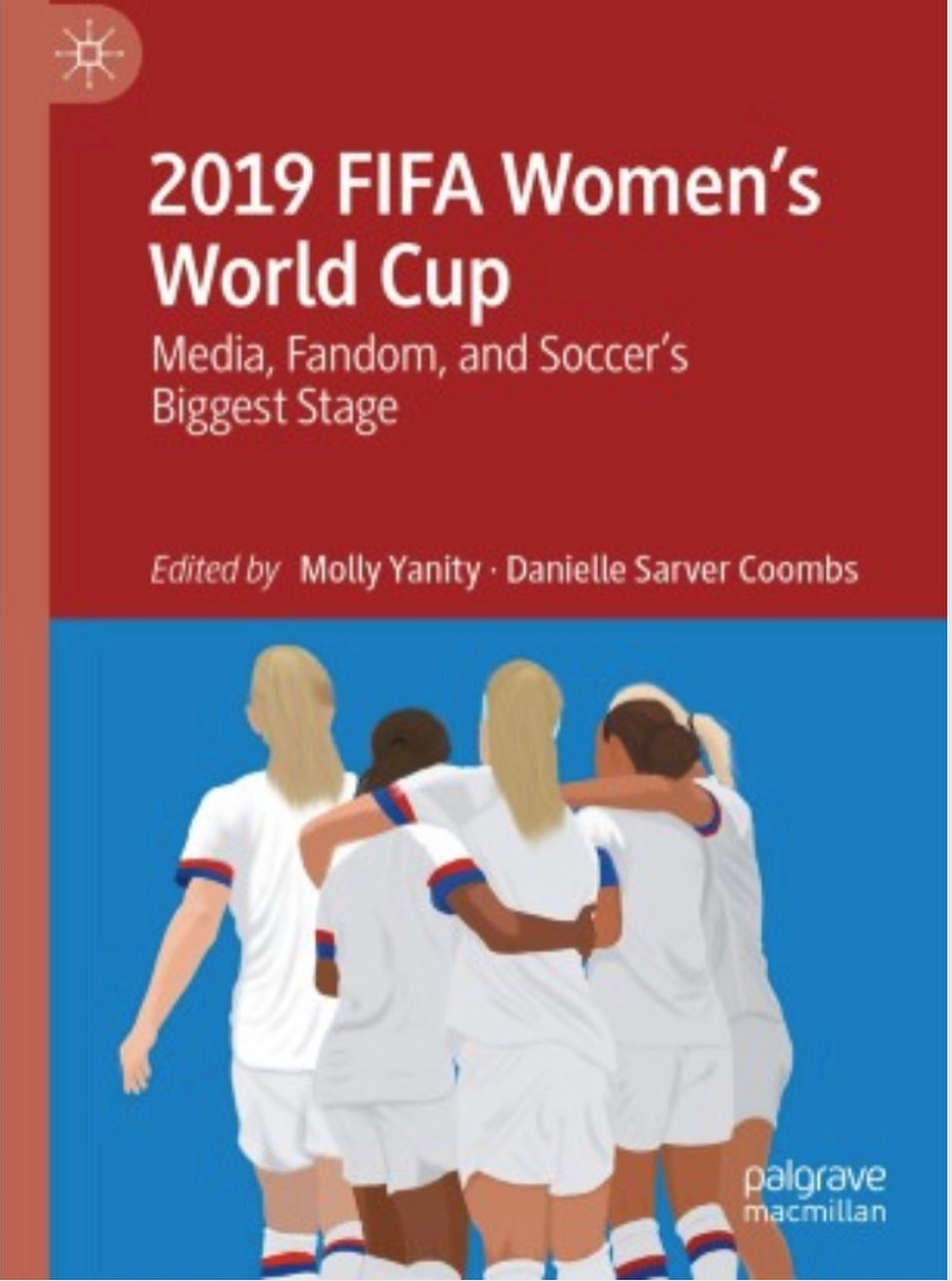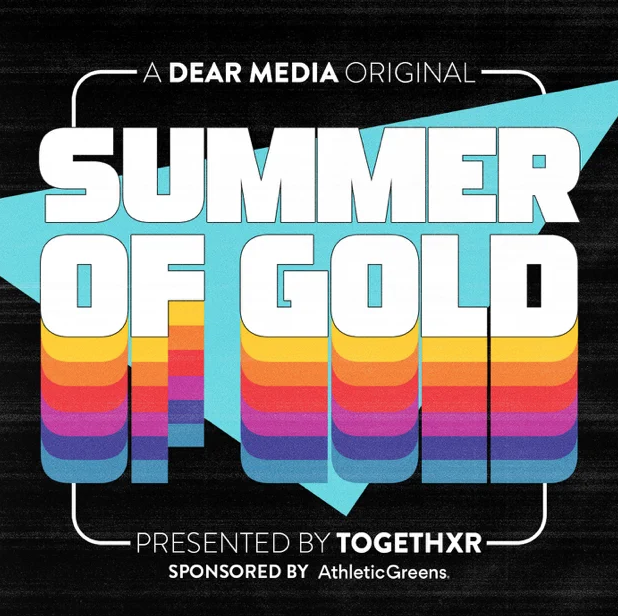 Athens, Ohio is my hometown. I lived my first 18 years there, graduated from Athens High School and - in a bizarre twist of fate - returned to my hometown to attend graduate school, becoming an Athenian again from age 35-40. Joe Burrow's dad, before he retired last year, and my brother-in-law coached together for nearly a decade at Ohio University. Burrow's mother and my sister are friends. I briefly met "Joey" when he was in high school at a few tailgate parties before Bobcats football games. I'm certain he has no idea who I am and I do not know him. I know his parents are nice people, who welcomed my family as part of theirs, with whom I've shared hugs and beers. I know Will Drabold, who is mentioned in this article. He was an undergraduate at Ohio University's Scripps School of Journalism, where I taught while working on my doctorate. We served on the Publications Board together. I know Mrs. Hartman, who is pictured and quoted in the story. She was a pleasant fixture at our local grocery store while I grew up. Her daughter, Katie, and I worked on the Athens High School newspaper together and were friends. This is a story, written deftly by the New York Times' Billy Witz, about my high school, my hometown. It's a story about great things that can happen when a little light is shined on a problem. It's a story of Joe's bigger-than-life success, his humble roots and the magic of words. While I think this is the best story I've read about Burrow, Drabold and what has happened since the Heisman Trophy presentation, this isn't the entire story. Athens, Ohio is a consummate college town surrounded by the generational and crippling poverty of Appalachia. Between the town and the university, it has produced Pulitzer Prize-winners, a Nobel Prize-winner, doctors, a baseball Hall of Famer, inventors, artists, a PGA champion, actors, and more - all of whom have had a positive impact throughout the world. It also has produced a disproportionate number of hungry, homeless and hopeless people. A gifted, young football player pointed out, on the national stage, the economic and social complexity of my hometown. Then he went out and continued to showcase greatness. I don’t find him to be a “hero" (it's simply too much to put on a 23-year-old for shining a light on a problem), but rather to be a person of whom to be proud — and a reminder that we all come from somewhere we can find pride in, too. It's the best thing I've read this week.
0 Comments
Leave a Reply. |
2019 FIFA Women's World Cup: Media, Fandom, and Soccer's Biggest Stage is available online and in hardback from Palgrave Macmillan.
Molly Yanity, Ph.D.
|


